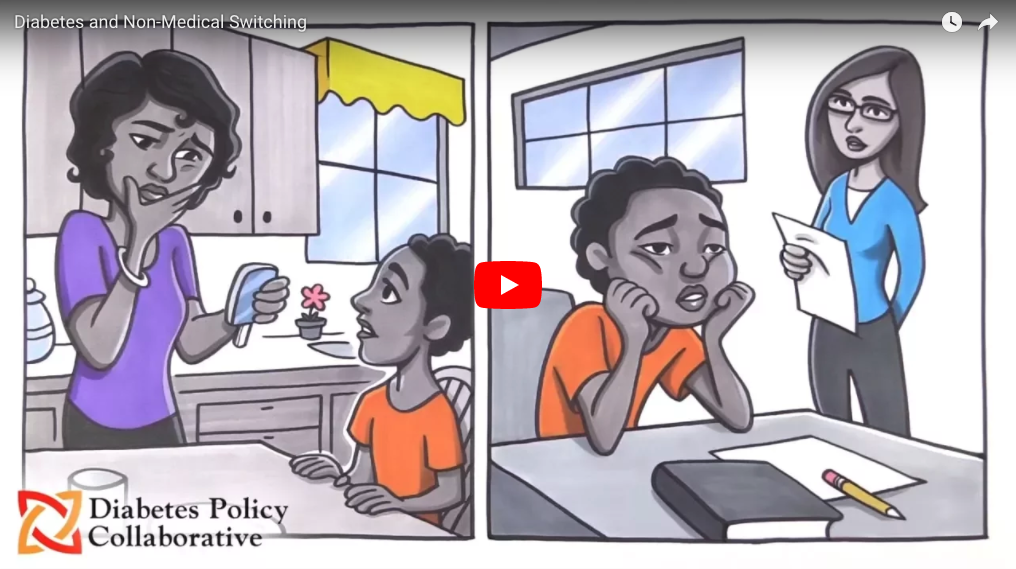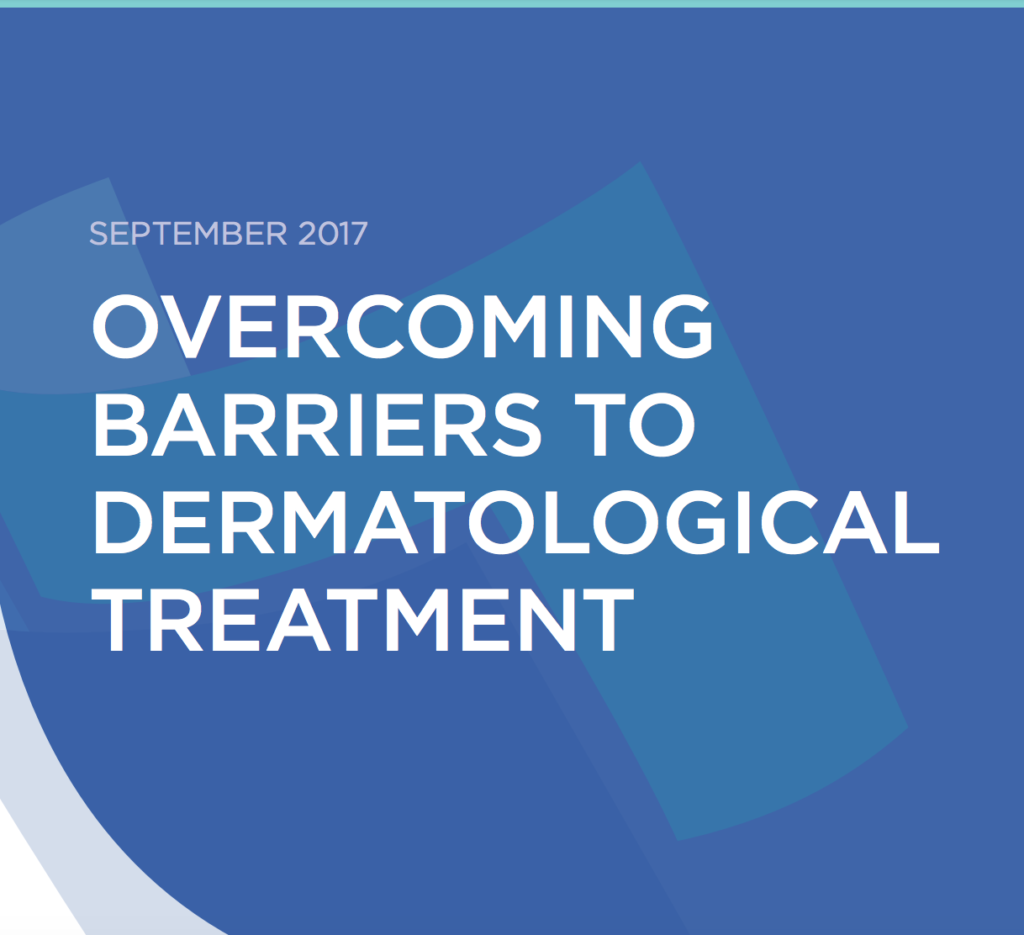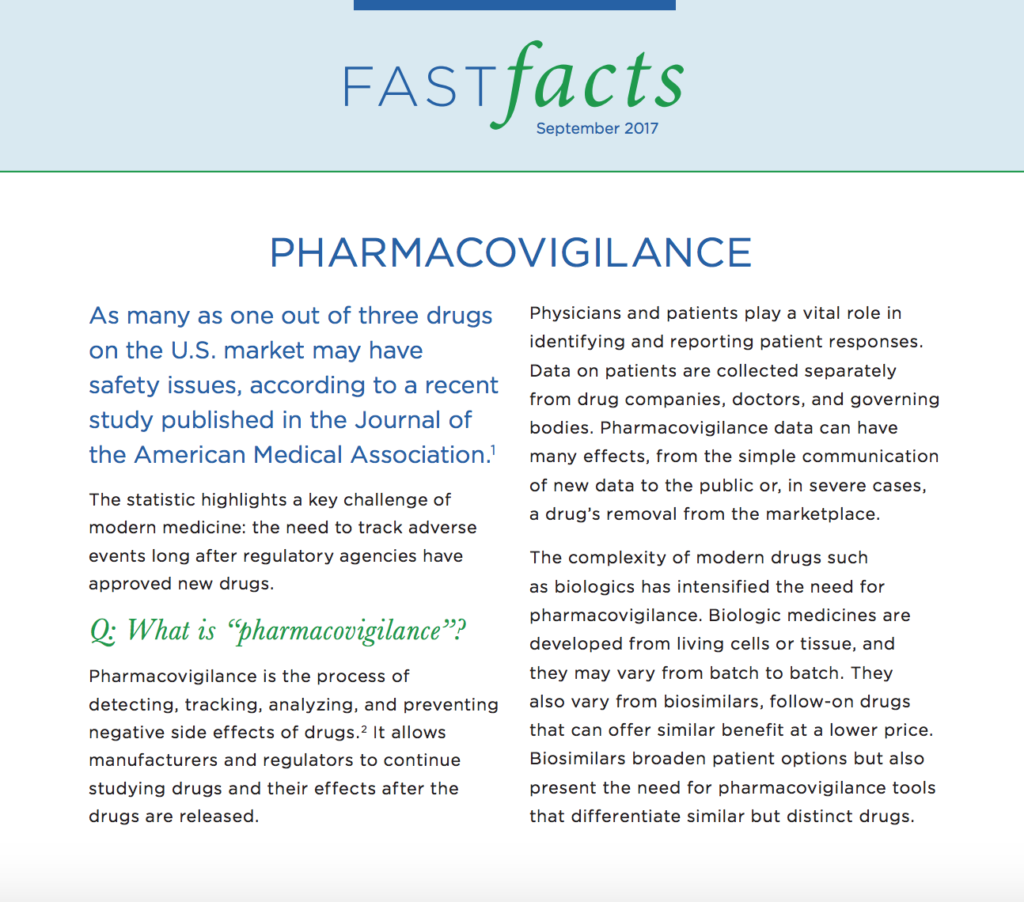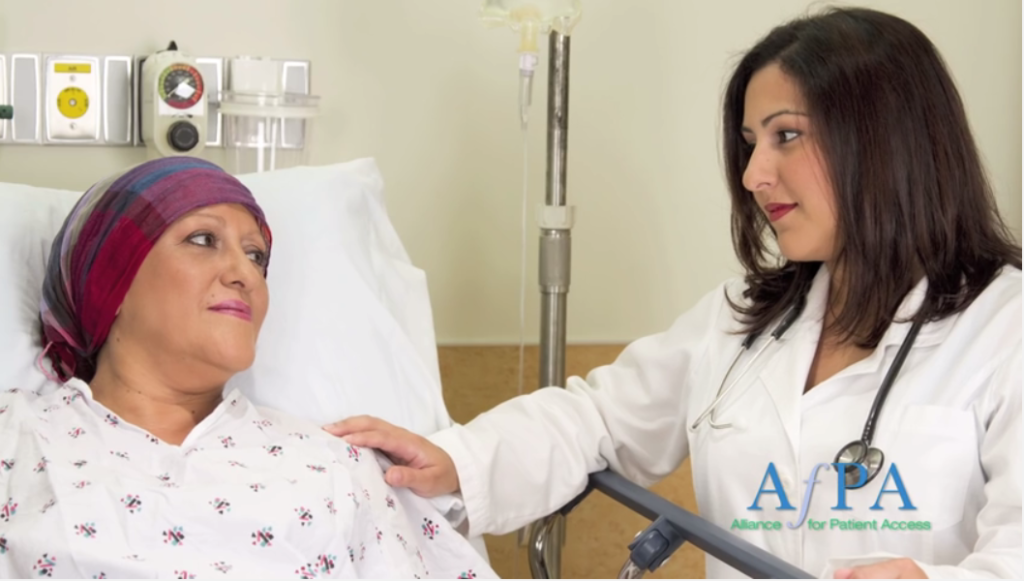Diabetes Patients’ New Challenge: Non-Medical Switching

“Managing diabetes is an all-day, every-day task for millions of Americans,” explains a new video from the Diabetes Policy Collaborative.
Experts Move to Protect Women & Unborn Children from Hepatitis C
New treatment guidelines convey a startling reality: hepatitis C isn’t only a baby boomer problem anymore.
The Price and Value of Orphan Drugs
How do you put a price tag on a drug that offers life-altering results – but for a small group of patients? The question is becoming increasingly relevant with the rise of innovative, targeted medicine.
Drugs, Data & Opioid Policies
America’s drug abuse crisis has reached epic proportions, a recent report from the Centers for Disease Control and Prevention confirms. Drug-related deaths in 2016 alone spiked by 22 percent.
Why Patients with Skin Conditions Can’t Get Treated

Tens of millions of people across the United States are affected by skin conditions, but not all of them can access the doctors and medications they need. So explains a new white paper from the Derma Care Access Network, an advocacy group that encourages informed policy on access to dermatological care.
“Fast Facts” on Pharmacovigilance Tackles Drug Safety Issues

One in three U.S. drugs may have safety issues, explains a new Fast Facts policy brief from the Institute for Patient Access.
Teens Are All Ears on the Opioid Epidemic

When it comes to abusing prescription opioids, teenagers want to be lectured. No, really.
Best of Summer 2017

Vacation season? Perhaps. But summer hasn’t slowed the Institute for Patient Access’ steady stream of physician-led insight on policy issues that matter to patients and their health care providers.
Out-of-Pocket Costs Overwhelm Cancer Patients – Even Insured Ones

Cancer patients are being asked to pay more than they expected for treatment, despite having health insurance.
GAfPA Examines How Improving Drug Donations Can Boost Patient Access
International prescription drug donation programs make a difference, explains a new white paper from the Global Alliance for Patient Access. But they could work even better.

